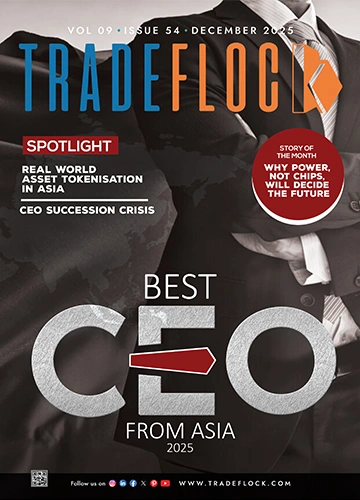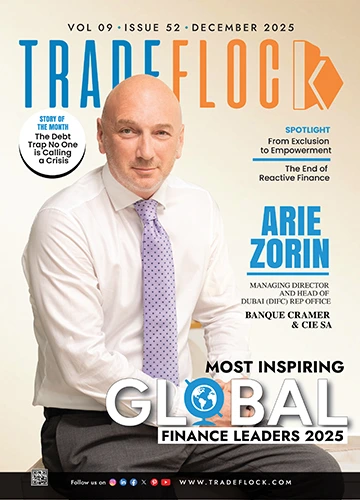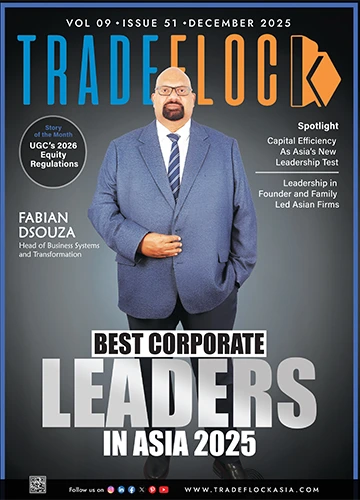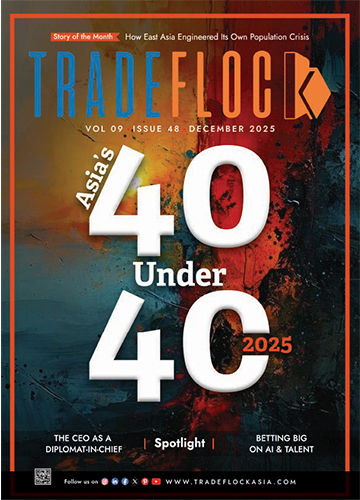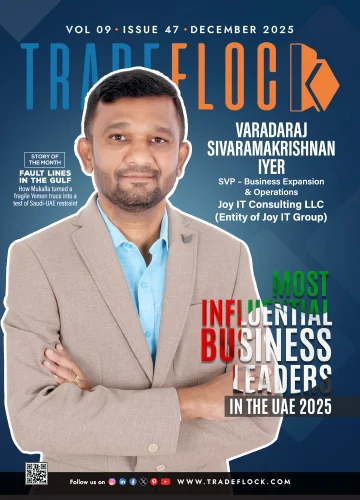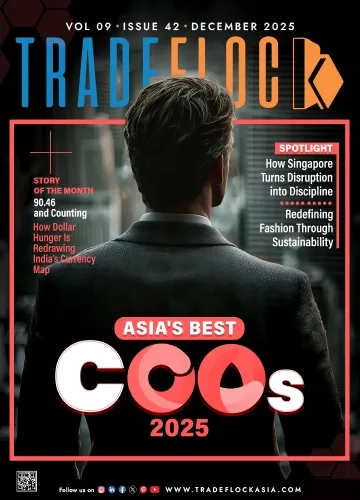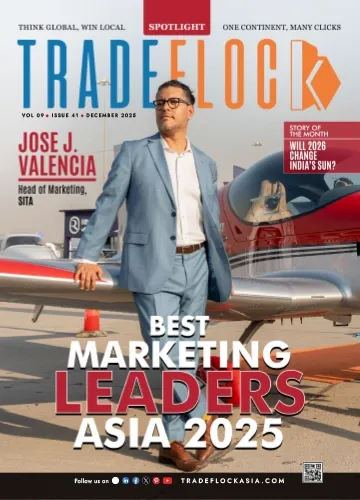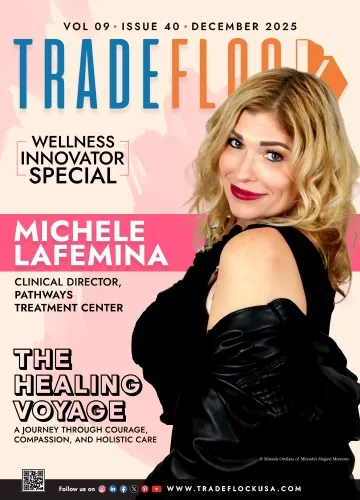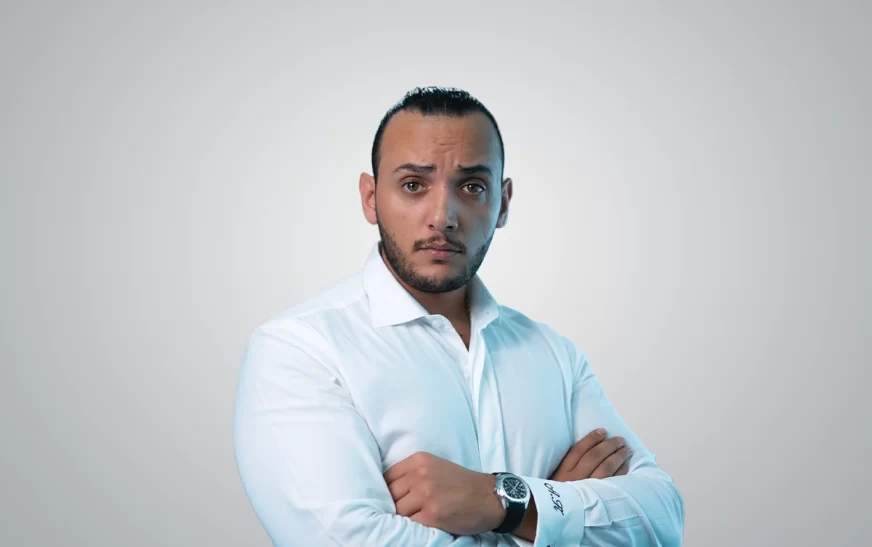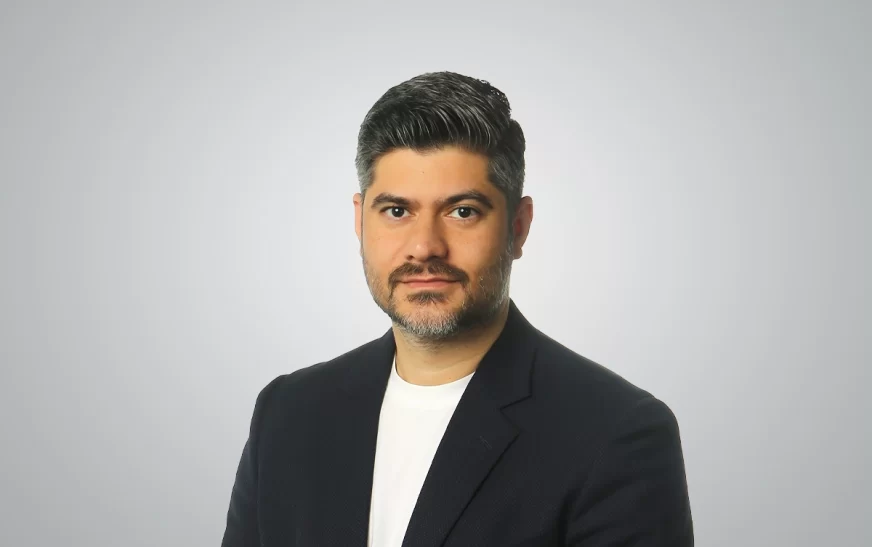
Turning Turbulence Into Lasting Growth
Naradha Rajakaruna
Executive VP / Group CFO
Acorn Group
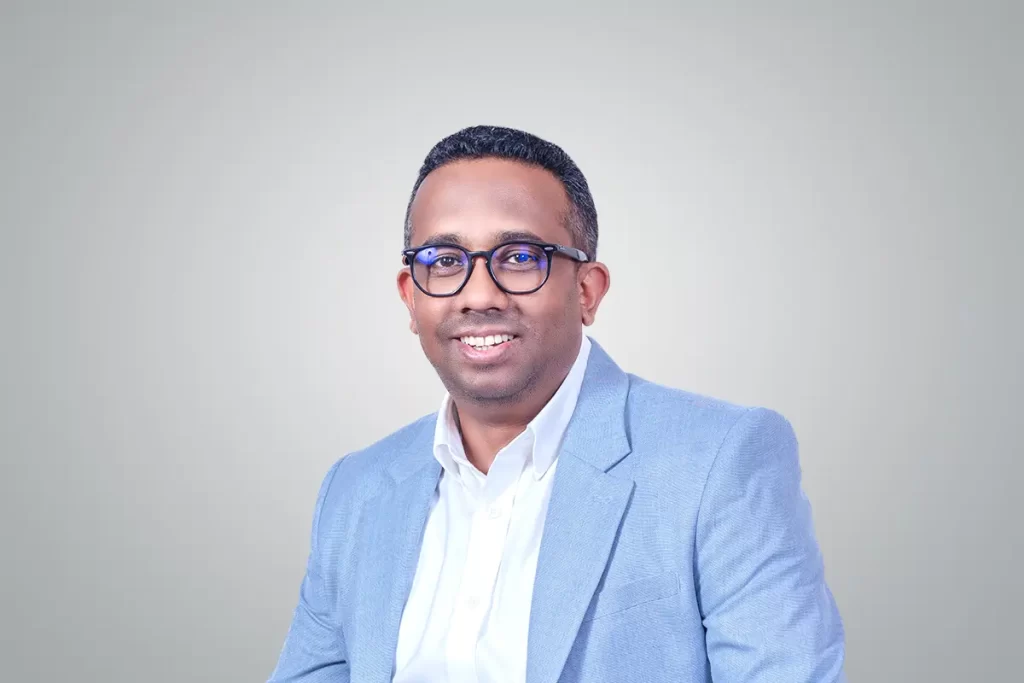

Turning Turbulence Into Lasting Growth
Naradha Rajakaruna
Executive VP / Group CFO
Acorn Group
Naradha Rajakaruna - 10 Best CFOs from Asia 2025
Some leaders are defined by the calm they inherit and some by the storms they learn to master, but every great leader carries a defining thread through their career. For Naradha Rajakaruna, that thread has been turning complexity into clarity. From steering a high-stakes $80 million turnaround in the Maldives’ oil and gas sector to leading mergers that reshaped Sri Lanka’s travel market, his journey has been less about titles and more about transformation. At Informatics Holdings, he sharpened his reputation as a strategist, blending finance with growth. Today, as Executive VP and Group CFO of Acorn Group, he draws on those hard-won lessons to expand across Asia and the Middle East, embedding resilience and innovation into every move. In an exclusive conversation with TradeFlock, he shares how discipline, foresight, and innovation continue to define his leadership journey.
How has your cross-industry background shaped the way you drive financial innovation in travel and tourism?
My journey across oil and gas, aviation, and software gave me a unique perspective on finance: discipline in managing capital, agility in uncertain environments, and innovation at scale. Bringing these lessons into travel and tourism, I modernised financial frameworks, linked budgets to performance, and anchored initiatives on measurable returns. These changes turned traditional models into growth engines and helped Acorn expand across geographies with agility and foresight. At the core of all this is something more fundamental: a deep sense of resilience and perseverance, values etched into my DNA during my formative years under inspiring leadership, especially during my tenure in the Maldives. That pivotal chapter shaped me into a 360-degree thinker who balances numbers with vision, a mindset that continues to guide every bold decision today.
"Resilience is not about being the loudest voice in the room but about creating the conditions for sharper questions, better decisions, and sustainable success.”
What’s the biggest financial challenge for Asia’s travel and tourism sector, and how can CFOs drive sustainable growth?
Asia’s travel and tourism sector is regaining strength after the pandemic, but recovery remains uneven. Rising costs, currency fluctuations, talent shortages, and complex regulations continue to squeeze margins. The challenge is not only scaling up but doing so profitably in an industry that demands both heavy investment and personal interaction. This is where the CFO must evolve into a strategic architect, balancing financial stewardship with innovation leadership. It is no longer enough to protect the balance sheet; CFOs must design strategies that enable growth without unnecessary weight, diversify income streams, and build forecasting tools that respond quickly to market shifts. At Acorn, we are leveraging digital platforms, AI-driven analytics, and smarter pricing models to build resilience while keeping people at the heart of the travel experience.
"It is no longer enough to protect the balance sheet; CFOs must design strategies that enable growth without unnecessary weight, diversify income streams, and build forecasting tools that respond quickly to market shifts.”
What early career challenge shaped your approach to leading Acorn’s global expansion?
Early in my career, I faced the daunting task of restructuring an $80 million oil & gas operation in the Maldives. With tight cash flows, heavy tax pressures, and under-leveraged assets, the situation could have sunk us. By driving a debt restructuring and securing long-term tax credits, I learned to balance resilience with realism and to see turbulence as an opportunity, not a threat. That lesson became vital when Acorn reset after its 2020 Management Buyout. Starting fresh, we expanded into ASEAN and Middle Eastern markets, such as Thailand and Dubai. My Maldives experience shaped the playbook —sustainable entry models, treasury-safe structures, and lean operations.
What’s one financial strategy you’ve used to turn operational complexity into clarity, reflecting the ethos of Project Harmony?
At Acorn, I introduced the “Profitability War Room,” a group-wide initiative designed to move beyond traditional P&L reviews. We broke down silos between finance, operations, and commercial teams, creating a shared space where real-time data, performance heat maps, and scenario planning drove decision-making. Complexity was translated into visual dashboards that gave mid-level managers the confidence to act with the mindset of CFOs. This not only improved financial clarity but also fostered ownership across the organisation. The initiative significantly accelerated the payback period for new ventures while embedding a strong culture of alignment, ownership, and financial accountability across all levels of the organisation.
What personal mantra or habit keeps you resilient, and how has it shaped your team’s approach to financial innovation?
I live by two personal mantras: “Think Time is my Superpower” and “I never confuse movement with progress.” In today’s results-driven world, constant action is often mistaken for real achievement. True breakthroughs, however, come from disciplined thinking, not relentless activity. Inspired by Keith Cunningham’s The Road Less Stupid, I dedicate time each morning to structured reflection— clarifying direction, identifying risks, and surfacing blind spots before they grow costly. This discipline has anchored me, particularly in volatile industries like tourism and aviation, where impulsive reactions can cause more harm than good. Over time, it has also shaped the way my team works. Together, we’ve built a “clarityfirst culture,” where pausing to think is recognized as a strength rather than a delay. Whether in profitability war rooms or cross-border expansion reviews, I’ve seen my Gen Z colleagues evolve from task-driven doers into strategic thinkers. Resilience is not about being the loudest voice in the room but about creating the conditions for sharper questions, better decisions, and sustainable success. That clarity-driven mindset, now woven into the way we operate, has become our defining edge.

